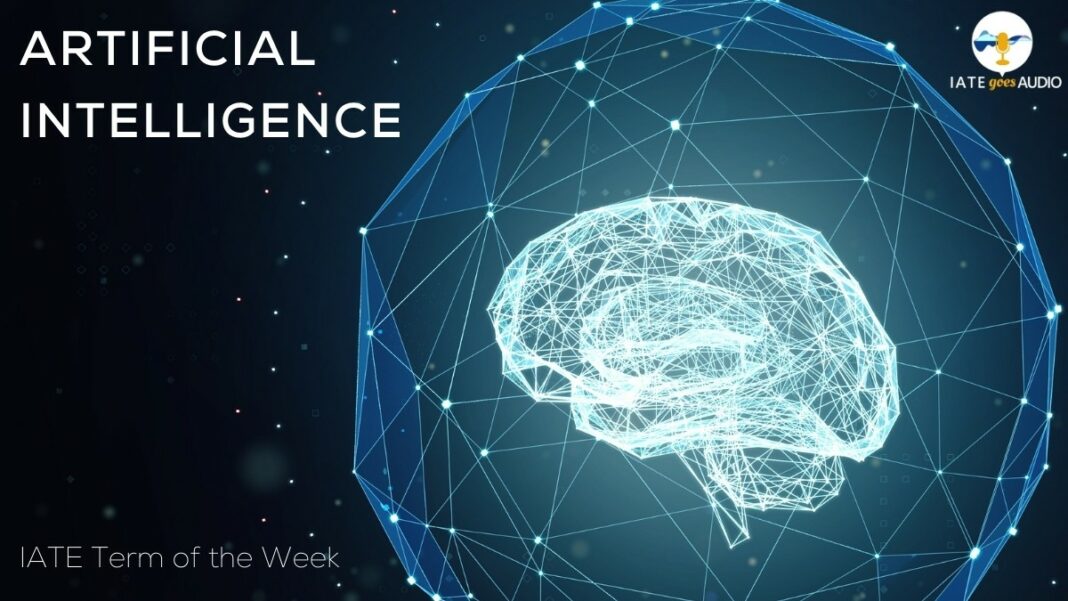Call for rules – Governing Artificial intelligence
Artificial intelligence (AI) has had considerable impact on our lives in the past few years and it will continue to play the major role concerning our future-oriented technology. A new legal framework to shape Europe`s digital future and foster innovation is required. The EU needs to set rules and guidelines in order to regulate the implementation of the European strategy for AI with regard to ethical principles and standards, intellectual property rights and liability.
Why is artificial intelligence important? It has become an EU priority as AI is seen as vital and central to the ongoing digital transformation of our society. No longer a distant vision, AI has found its way into our everyday life. Web search engines, digital personal assistants, face and speech recognition systems, language assistants, AI-powered safety functions and traffic control are only a few examples of how AI aids society today. AI will be of vital importance for the economic development, the Covid-19 recovery and the EU´s green deal. Needless to say, distance learning and teleworking gained in importance during the Covid-19 pandemic. More changes are to be expected in the fields of business, farming, finance, health, security and other fields of interest. Trust needs to be strengthened, safety guaranteed, human rights respected and innovation increased. Therefore, the new rules aim to establish an environment in which European developers, researchers and businesses can work and boost the innovation.
Who will analyse the impact of AI on the EU economy?
The European Parliament has founded a special committee in order to examine the effect of AI on the European economy. The new committee chair Dragoş TUDORACHE stated: “Europe needs to develop AI that is trustworthy, eliminates biases and discrimination, and serves the common good, while ensuring business and industry thrive and generate economic prosperity.” The focus lies, among others on:
- ensuring safety, accountability and transparency
- preventing discrimination and bias
- respecting the fundamental rights
- fostering environmental and social responsibilities and
the issue of patents.
Digital technology will benefit citizens and businesses in numerous ways. The advanced technology will ensure a fair and competitive economy as well as an open and sustainable society.


This week, you can tune in to another IATE goes Audio feature: click below to listen to ‘Artificial Intelligence’ explained in English.
References:
European Parliament. 2020. News. [ONLINE] Available at: https://www.europarl.europa.eu/news/en/headlines/priorities/artificial-intelligence-in-the-eu/20201015STO89417/ai-rules-what-the-european-parliament-wants. [Accessed 29 October 2020].
European Parliament. 2020. News. [ONLINE] Available at: https://www.europarl.europa.eu/news/en/headlines/priorities/artificial-intelligence-in-the-eu/20200827STO85804/what-is-artificial-intelligence-and-how-is-it-used. [Accessed 28 October 2020].
YouTube. 2020. Machine Learning Harvard University. [ONLINE] Available at: https://www.youtube.com/watch?v=iqJVVoluJzY.
[Accessed 27 October 2020].
Written by Victoria Milhan

She holds master’s degrees in English Language (linguistics) and Medieval English Literature, Newer English Literature and Celtic Studies. Victoria is enrolled as a PhD student at Bonn University in Germany.

